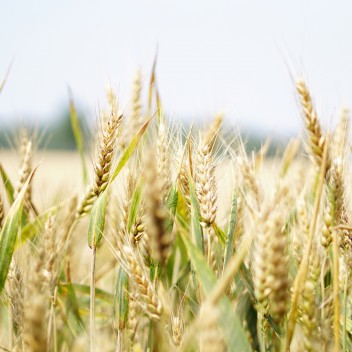For addressing the above mentioned issues, getting trustable information about the origin of cereals, grains or soy can be very interesting, as it allows conclusions to be drawn about the type of farming, adulteration probability, etc.
Some regions in the world may be connected with negative associations such as poor labor conditions, mix-up allegations, different legal strategy concerning GMOs or organic farming or climate preservation. Thus, safeguarding provenance and keeping the value add of the sustainability and responsible sourcing standards of the supply chain is of profound importance.
By determining and interpreting the stable isotope ratios of carbon, nitrogen, sulfur, hydrogen and oxygen of any fruit or vegetable, the so-called isotope fingerprint (consisting of all five ratios) is established which is characteristic for the sample and can be compared to reference data from reference samples from different regions or to a database. To achieve high geographical resolution and credible results, we use our databases, as well as our expertise and know-how to provide advanced customized origin testing by including more parameters.




